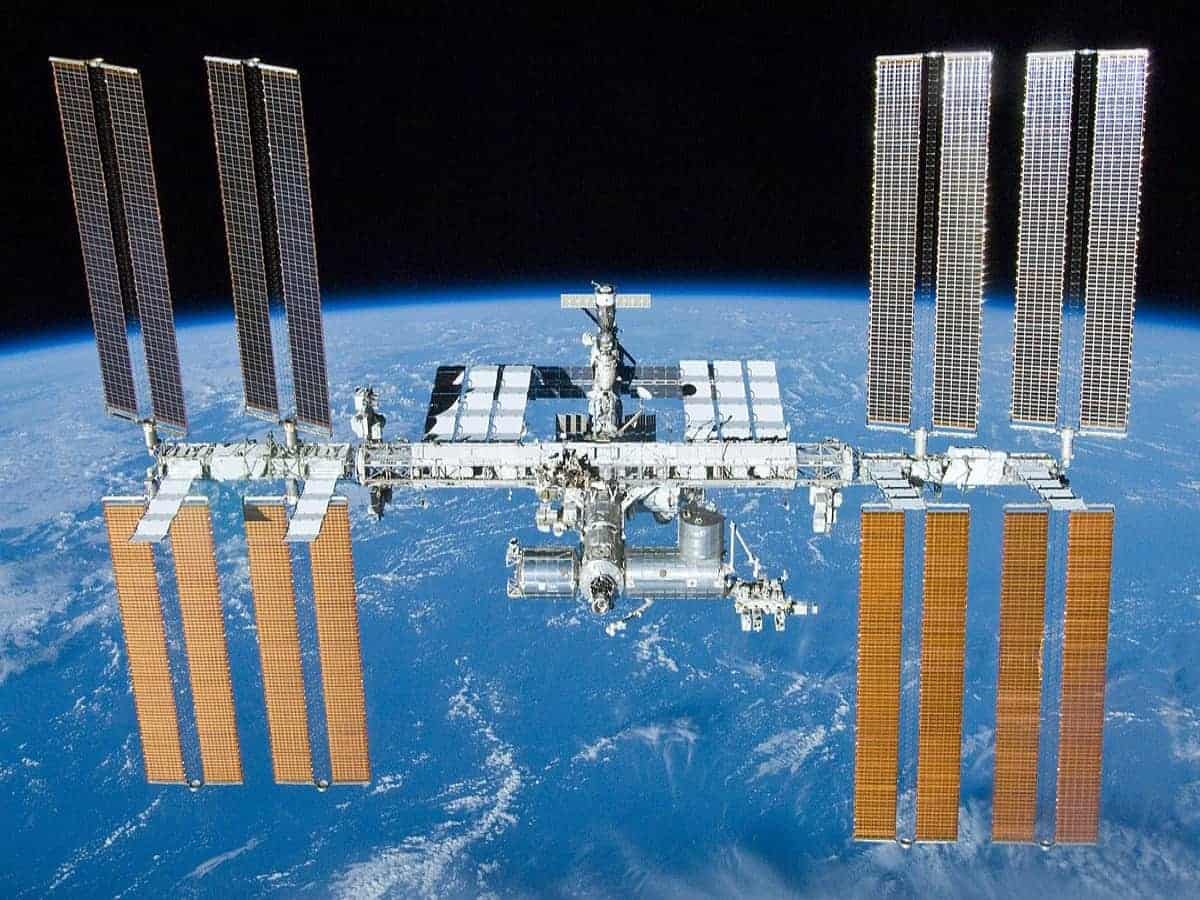Hyderabad: The University of Hyderabad along with researchers from NASA have discovered a new bacterial species in International Space Station (ISS) and named it after an Indian biodiversity scientist Seyed Ajmal Khan.
They have described the discovery and isolation of four strains of bacteria belonging to the family Methylobacteriaceae from different locations aboard the ISS and have named it ‘Methylobacterium ajmalii’.
The rod-shaped bacteria are believed to have the potential to grow crops in the space that facilitates space farming, however, further experimental biology is needed to prove that it is, indeed, a potential game-changer for space farming.
To grow plants in extreme places where resources are minimal, isolation of novel microbes that help to promote plant growth under stressful conditions is essential.
While one strain was identified as Methylorubrum rhodesianum bacteria, the other three strains were previously undiscovered.
The team of researchers have proposed to call one of the novel strains as Methylobacterium ajmalii, after Seyed Ajmal Khan, who is a professor at the Annamalai University in Tamil Nadu.
As a part of the study, various samples were collected from the ISS during Microbial Tracking from 2015-2016.
Currently, 8 locations on the ISS are being monitored for bacterial growths. These samples include where the crew assembles or where experiments are conducted. Approximately, thousands of samples have been collected from various other locations on the space station, however, they will be taken back to earth where they can be examined.
As per media reports, NASA researchers Kasthuri Venkateswaran and Nitin Kumar Singh worked on this research. Both are stationed at the Jet Propulsion Laboratory (JPL) in Pasadena, California, where Kasthuri is a senior research scientist and Nitin is planetary protection engineer.

